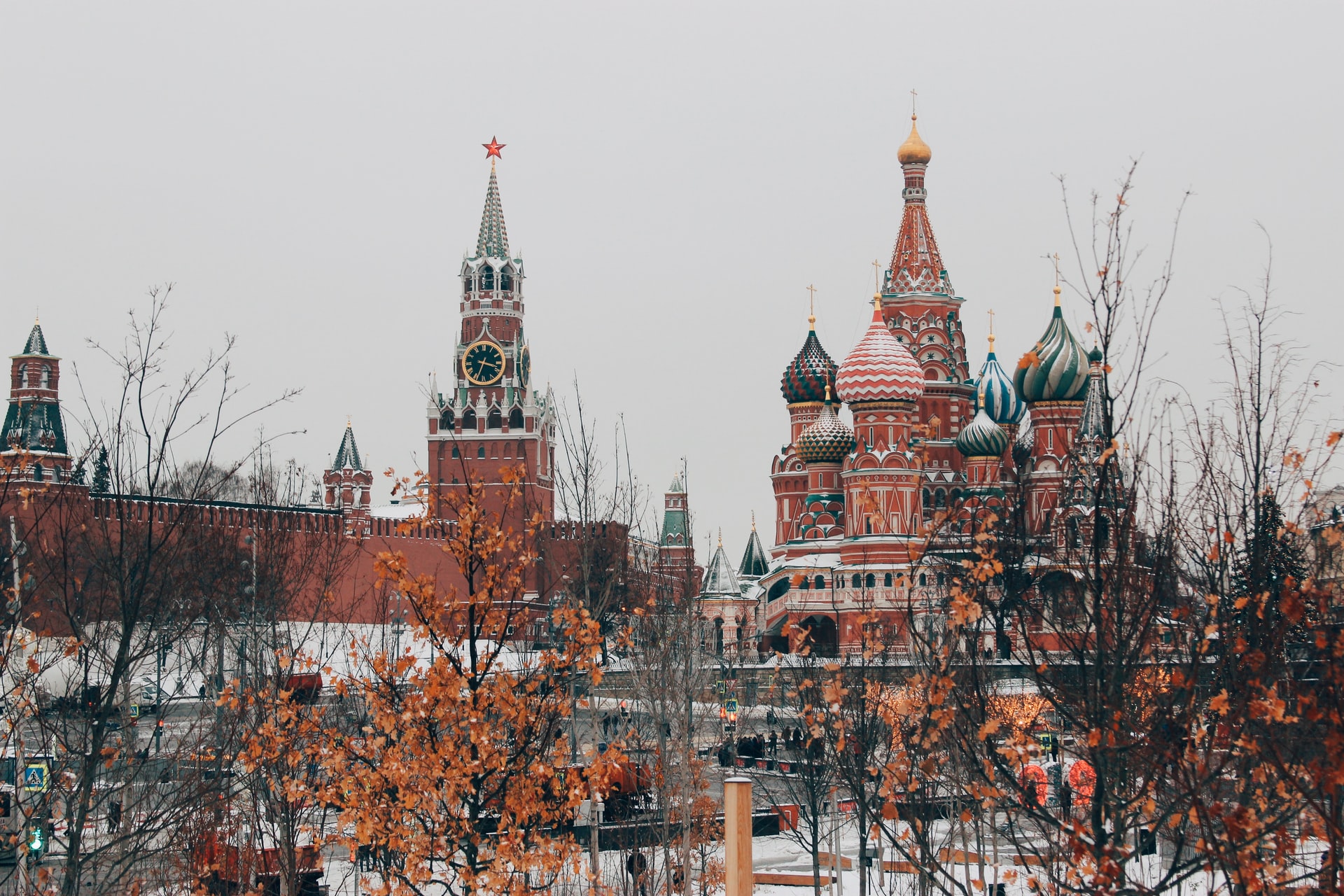In a situation unseen in over a century, Russia has officially defaulted on its foreign debt after a 30-day grace period on about $100 million in interest payments due to foreign creditors expired on Sunday.
The last time Russia failed to honour its foreign sovereign debt commitments was in 1918, when Bolshevik leader Vladimir Lenin refused to pay the Russian Empire’s debts after seizing power in the October Revolution.
The event, although historic, comes as no surprise after sanctions imposed by the US, the EU and the UK, among others, hobbled the country’s ability to effect payments abroad.
Russia has plenty of reserves, and in fact its Government claims to have sent the money to Euroclear, a bank which would then distribute the payment to investors. However, it was never distributed to creditors.
Russian authorities have criticised the situation, saying the country was forced into a default “manufactured artificially by the West”. It had tried its utmost to avoid missing payments, which is taken to be a blow to the nation’s prestige.
Russian Finance Minister Anton Siluanov described the situation as a “farce”.
Hassan Malik, senior sovereign analyst at Loomis Sayles & Company LP, told Bloomberg News: “It’s a very, very rare thing, where a government that otherwise has the means is forced by an external government into default. It’s going to be one of the big watershed defaults in history.”
The default is mostly symbolic, for now, and is unlikely to have any effect on the Russian economy, which is reportedly bringing in $1 billion every day from fossil fuel exports. Although defaulting nations typically find it impossible to borrow more money, Mr Siluanov had already stated in April that Russia had no plans to look to increase its borrowing.
In any case, sanctions have effectively already barred it from Western sources of financing.
Mr Lenin’s refusal to pay the by-then defunct Russian Empire’s staggering debt, a legacy of Tsarist rule, was pivotal in shaping the legacy of the First World War, with France, a major creditor and itself devastated by conflict, seeking to make good on its losses by pushing for punishing restitution from Germany, which eventually led to its inter-war instability and the rise of Adolf Hitler.
This time round, the effect will not be as far-reaching – foreign currency-denominated debt owed by Russia is only around $40 billion, a far cry from the estimated $1 trillion, in today’s US dollars, owed by Russia in 1918.
Many debt instruments contain early repayment clauses in case of default, so as much as $20 billion of that debt might become due immediately, according to Chris Weafer, former chief strategist at Russia’s largest bank Sberbank-CIB and chief executive at Moscow-based consultancy Macro Advisor, in an interview with BBC Today.
Formal declarations of default are usually the preserve of credit rating agencies. However, European sanctions led them to withdraw their ratings from Russian entities.
According to the documents for the notes whose grace period expired Sunday, holders can call one themselves if owners of 25 per cent per cent of the outstanding bonds agree that an “Event of Default” has occurred.
With claims on the foreign-held debt only becoming void after three years, most investors are likely to take a wait-and-see approach, according to analysts.
Inflation risk re-surging as tensions heat up between Israel and Iran
Oil and gold prices jumped after the latest strike by Israel
WATCH: Rare torrential rain in Dubai wreaks havoc and causes major disruption
Flooding hits shopping malls, destroying stock
Spain to end ‘golden visa’ scheme over property market impacts
While countries are slowly banning the practice, Malta remains firm in keeping the scheme alive






